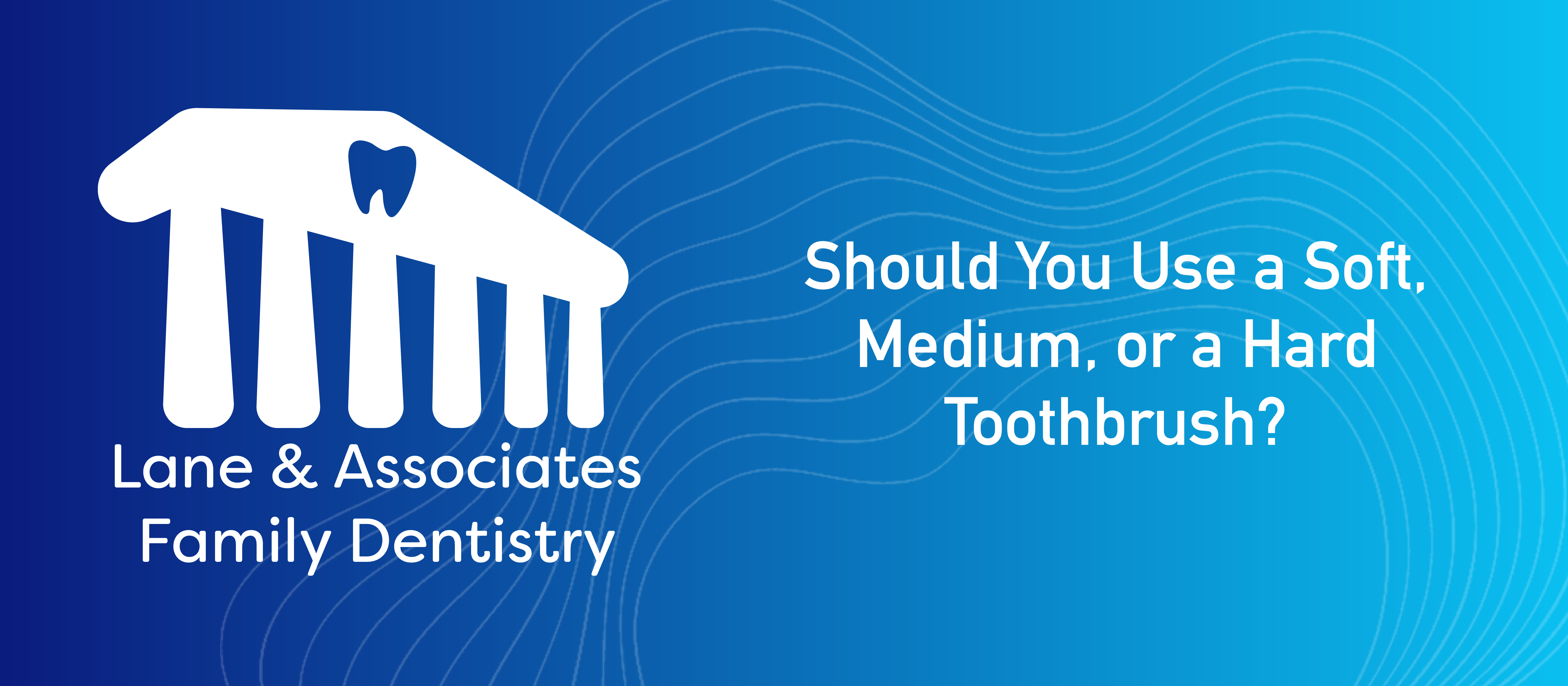When it comes to maintaining good dental health, choosing the right toothbrush is essential. With so many different types available, however, it can be difficult to determine which toothbrush is best for your individual needs. Three of the most common toothbrush types are soft, medium, and hard, each with their own advantages and disadvantages. In this article, we’ll take a closer look at each toothbrush type and help you determine which one is best for you.
Soft Toothbrushes
Soft toothbrushes have bristles that are typically made of nylon or other synthetic materials. They are designed to be gentle on teeth and gums, and are often recommended for people with sensitive teeth or gum disease. Soft toothbrushes are also less likely to cause enamel erosion or gum recession than medium or hard toothbrushes. However, they may not be as effective at removing plaque and food particles as medium or hard toothbrushes.

One advantage of using a soft toothbrush is that it can help to clean teeth and gums without causing pain or discomfort. People with sensitive teeth or gums may find that a soft toothbrush allows them to brush their teeth more thoroughly without experiencing discomfort or pain. Another advantage is that soft toothbrushes are less likely to cause enamel erosion or gum recession than medium or hard toothbrushes.
However, one disadvantage of using a soft toothbrush is that it may not be as effective at removing plaque and food particles from teeth as a medium or hard toothbrush. This means that people who use soft toothbrushes may need to spend more time brushing their teeth to achieve the same level of cleanliness as someone using a medium or hard toothbrush.
Medium Toothbrushes
Medium toothbrushes have bristles that are slightly firmer than those on a soft toothbrush, but still gentle enough to be used safely on teeth and gums. They are often recommended for people with healthy teeth and gums who want a toothbrush that is effective at removing plaque and food particles. Medium toothbrushes are also more flexible than hard toothbrushes, allowing users to adjust the pressure they apply while brushing their teeth.
One advantage of using a medium toothbrush is that it is effective at removing plaque and food particles from teeth. This means that people who use medium toothbrushes may be able to clean their teeth more thoroughly than those using a soft toothbrush. Another advantage is that medium toothbrushes are more flexible than hard toothbrushes, which means that users can adjust the pressure they apply while brushing their teeth.
However, one disadvantage of using a medium toothbrush is that it can still cause enamel erosion and gum recession if too much pressure is applied while brushing. This means that people who use medium toothbrushes need to be careful to brush their teeth gently and avoid applying too much pressure.
Hard Toothbrushes

Hard toothbrushes have bristles that are the firmest of the three toothbrush types. They are often recommended for people who have healthy teeth and gums and want a toothbrush that is effective at removing plaque and food particles. Hard toothbrushes are also durable and may last longer than soft or medium toothbrushes.
One advantage of using a hard toothbrush is that it is effective at removing plaque and food particles from teeth. This means that people who use hard toothbrushes may be able to clean their teeth more thoroughly than those using a soft or medium toothbrush. Another advantage is that hard toothbrushes are durable and may last longer than soft or medium toothbrushes.
However, one disadvantage of using a hard toothbrush is that it can cause enamel erosion, gum recession, and tooth sensitivity if too much pressure is applied while brushing. This means that people who use hard toothbrushes need to be careful to brush their teeth gently and avoid applying too much pressure.
Factors to Consider When Choosing a Toothbrush
When choosing a toothbrush, there are several factors to consider. First and foremost, you should consider your personal dental health needs. If you have sensitive teeth or gum disease, a soft toothbrush may be best for you. If you have healthy teeth and gums and want a toothbrush that is effective at removing plaque and food particles, a medium or hard toothbrush may be a better choice.
It’s also a good idea to consider the recommendations of your dental professional. Your dentist or hygienist can provide advice on which toothbrush type is best for your individual needs, as well as how to brush your teeth effectively.
Another factor to consider is the quality and durability of the toothbrush. While a high-quality toothbrush may be more expensive, it can be worth the investment if it lasts longer and provides better cleaning results.
Conclusion
In conclusion, choosing the right toothbrush is an important part of maintaining good dental health. Soft toothbrushes are gentle on teeth and gums but may not be as effective at removing plaque and food particles. Medium toothbrushes offer a balance between gentle cleaning and effective plaque removal, while hard toothbrushes are best for those with healthy teeth and gums who want the most effective cleaning possible. By considering your individual dental health needs and the recommendations of your dental professional, you can choose a toothbrush that will help you maintain good dental health for years to come.


